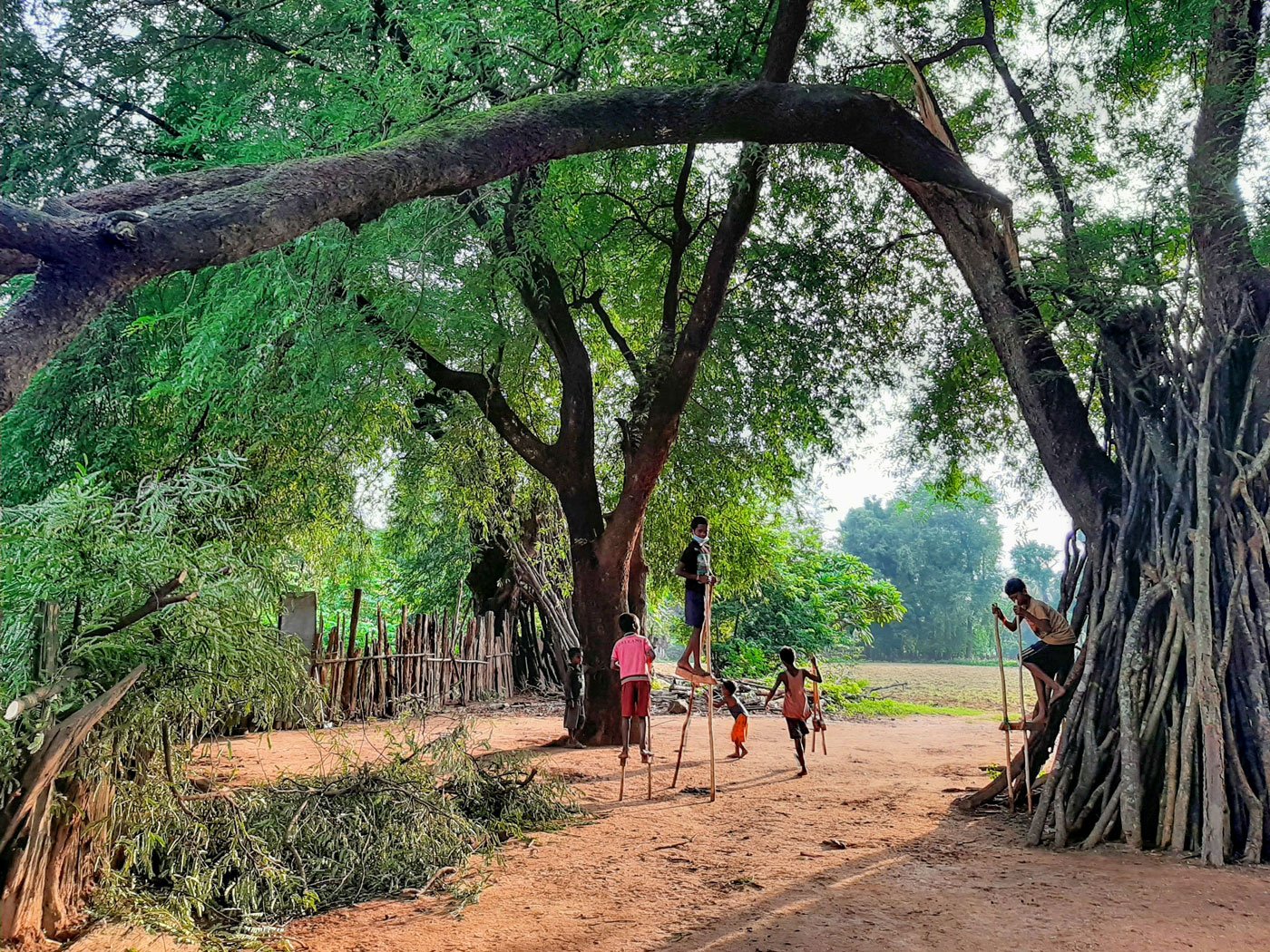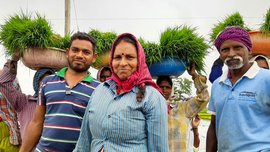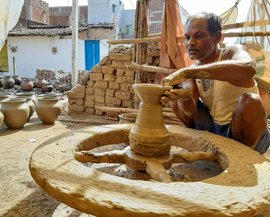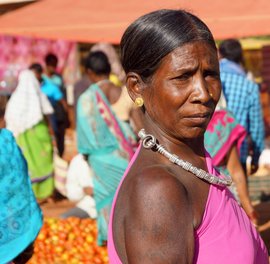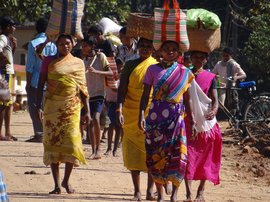“This is known as ghodondi in the Halbi and Gondi languages here. It means horse riding. You can enjoy feeling like you on a horse when walking or running with this stick,” says Gautam Sethiya, a young teacher and resident of Kibaibalenga village (listed as Kivaibalega in the Census).
In the Jhagdahinpara hamlet of this village in Kondagaon block of Kondagaon district in Chhattisgarh’s Bastar region, pre-teen boys – I’ve not seen any girls playing with ghodondi here – ride the stick on the auspicious day of Hareli Amavasya (around July-August). The rides and games continue until Nayakhani (or Nawakhani in other parts of Chhattisgarh), just after Ganesh Chaturthi in August-September.
